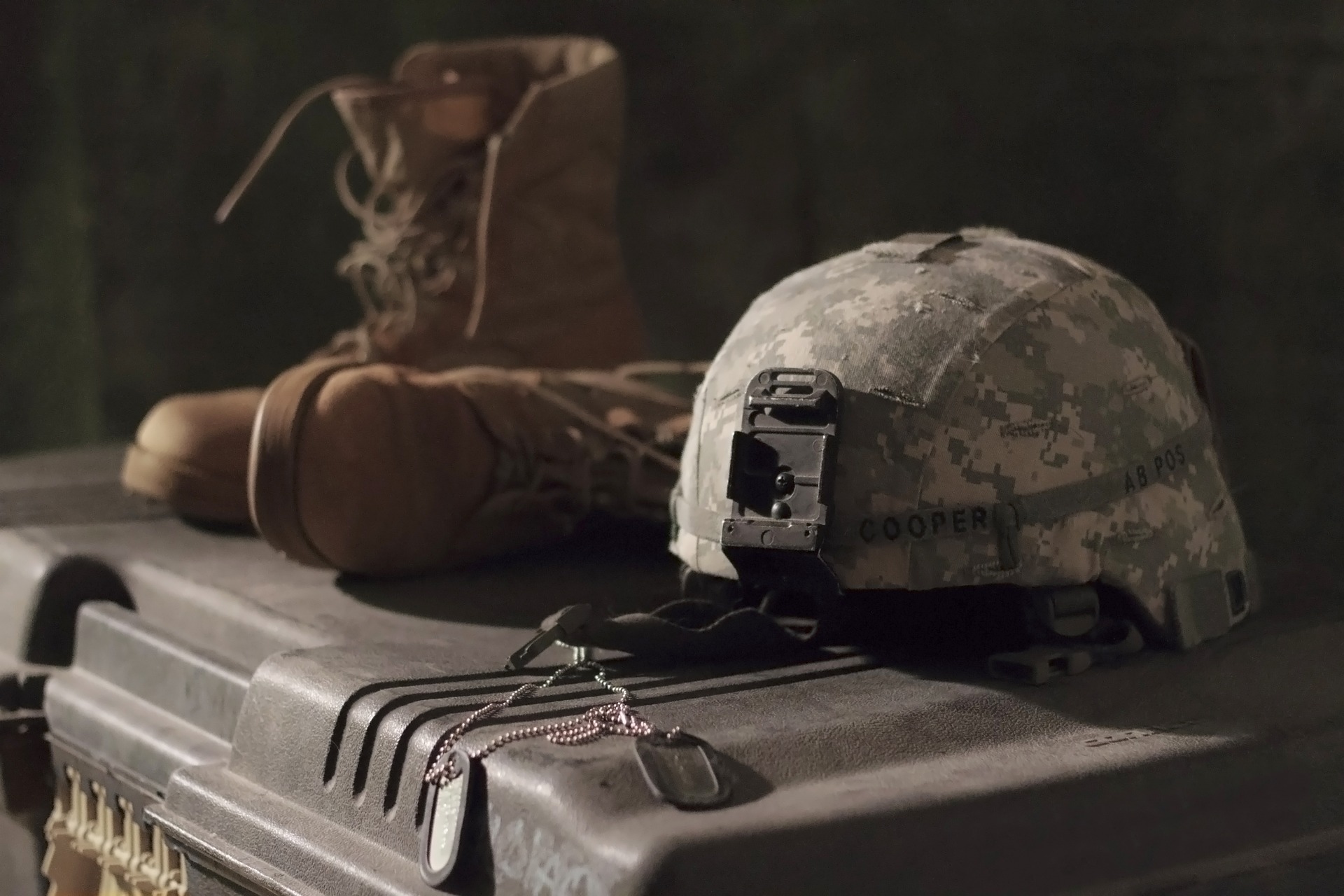Between Moral Injury and Moral Agency
Exploring Treatment for Men with Histories of Military Sexual Trauma
— Jonathan Yahalom, Sheila Frankfurt, and Alison B. Hamilton
Abstract
This Research Article deploys the frameworks of moral injury and moral agency to explore the experiences of veteran men who completed group therapy for military sexual trauma (MST). The article analyses ethnographically how veteran men with MST experience psychological growth via a replenishment of their sense of moral agency, thereby blending psychological theory about moral injury with anthropological theory about moral agency. It highlights how broader cultural experience can intersect and contribute to shame around MST, then depicts the ways that veterans recovered from a life characterised by pervasive shame, isolation, and compromised identity—psychological signs of moral injury—and made gains toward a life characterised by greater self-acceptance, an ability to tell one’s own story, and intimacy with others—signs of moral agency. In so doing, the article highlights the social and moral dimensions that can constitute psychological injury, and the way that addressing these dimensions can promote moral agency and thus mental health recovery.
